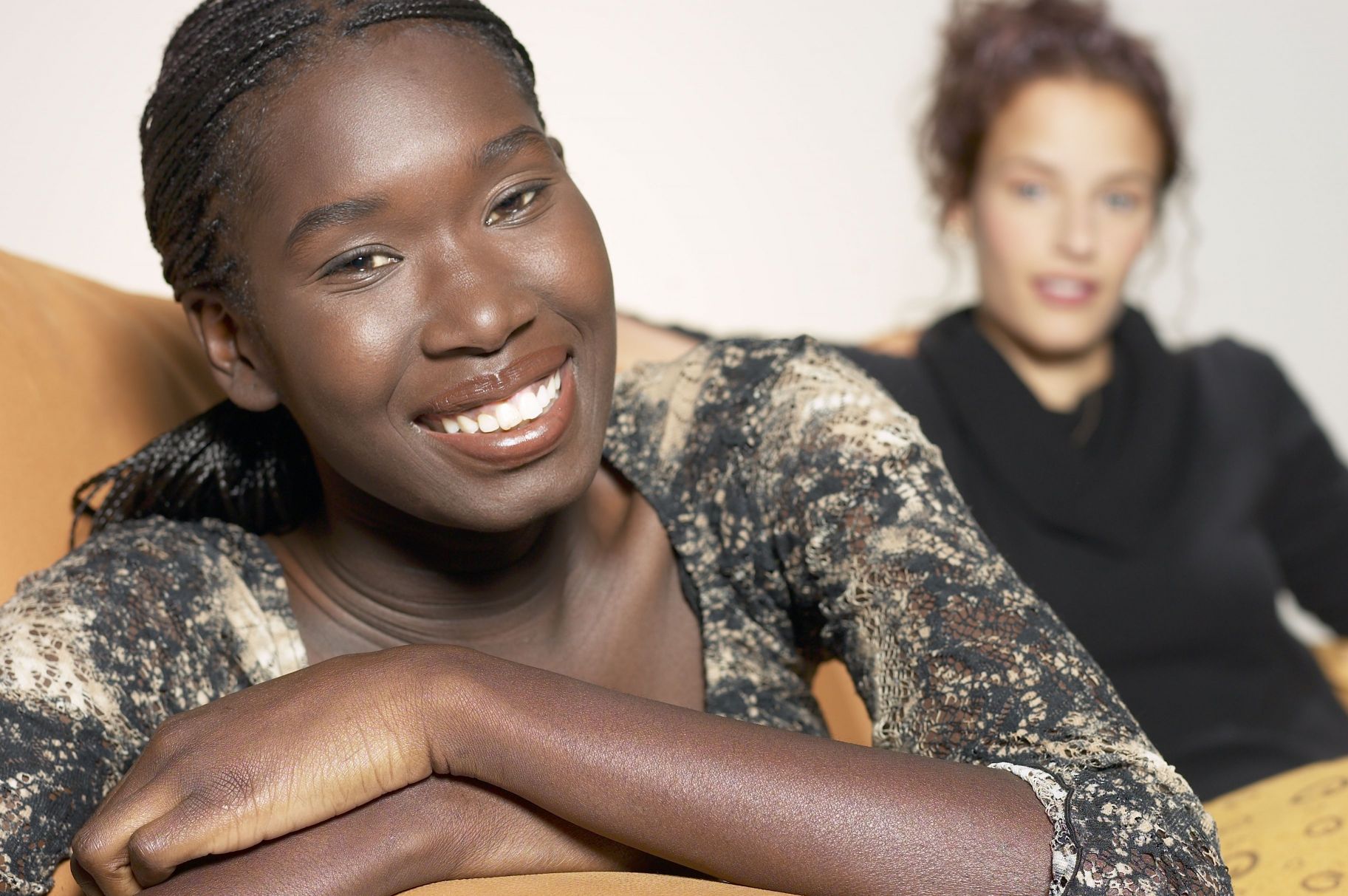
March 8th is International Women's Day in Angola, Uganda, Burkina Faso, Eritrea and the Republic of Congo.
What is International Women's Day?
It is a holiday that became recognized in the early 1900's. It started in 1908, when 15,000 women marched through New York City demanding shorter hours, better pay and voting rights. In the US, it became observed in 1909 and spread across the globe; from the US to Russia, and now the United Nations holds an annual International Woman's Day conference to coordinate international efforts for women's rights and participation in social, political, and economic processes.
How is International Women's Day Celebrated in Africa?
This special day sees men honouring their mothers, wives, girlfriends, colleagues, etc, with flowers and small gifts. In some ways it is almost like Mothers day. The most important part of this holiday is that it can bring attention to the issues that many women in Africa still face, and recognize their contributions to making the world a better place.
Facts About Women in Sub-Saharan Africa:
- Women are responsible for 70-80 percent of household food production
- Women are responsible for obtaining 90 percent of the water, wood, and fuel
- Nearly twice as many women over age 15 are illiterate compared to men.
- Women are 1.6 times more likely than men to be infected by HIV/AIDS.
- Pregnant women in Africa are 180 times more likely to die than in Western Europe
- 80% of the world's 27 million refugees are women
Women living in poorer countries are often denied access to critical resources such as credit, land and inheritance. Their labour often goes unmerited and unrecognized. Their health care and nutritional needs are not given priority, they lack sufficient access to education and support services, and their participation in decision-making at home and in the community is minimal. Bias against women gets progressively worse with the degree of poverty. Caught in a cycle of poverty, women are more vulnerable because of inequalities in access to important resources and are rarely given control over their own labour and earned income. In September 2000, at the UN Millennium Summit, the largest-ever gathering of world leaders agreed to a groundbreaking set of time-bound and measurable goals and targets. These goals aim to combat poverty, hunger, disease, illiteracy, and discrimination against women. "In our work to reach those objectives, as the Millennium Declaration made clear, gender equality is not only a goal in its own right; it is critical to our ability to reach all the others", said Kofi Annan, Secretary-General of the United Nations. "Study after study has shown that there is no effective development strategy in which women do not play a central role",
Millennium Development Goals to be achieved by 2015:
Goal 1 -- Halve extreme poverty and hunger
Goal 2 -- Achieve universal primary education
Goal 3 -- Empower women and promote equality between women and men
Goal 4 -- Reduce under-five mortality by two thirds
Goal 5 -- Reduce maternal mortality by three quarters
Goal 6 -- Reverse the spread of diseases, especially HIV/AIDS and malaria
Goal 7 -- Ensure environmental sustainability
Goal 8 -- Create a global partnership for development, with targets for aid, trade and debt relief.
Today is a good day to think about the women in your life who have built you up, raised you, or even just been a friend. It's a day to think about women in less fortunate countries and what you can do for them; it can be a prayer, a donation to a charity for women, or some kind of volunteer work. It can be educating your kids about an influential woman in history or even someone they know who had a positive effect on the world. If you'd like to see more articles about African people groups, African artwork, business tips, and more just Click Here To go to the official International Women's Day web site just Click Here
 USD
USD  GBP
GBP  CAD
CAD  AUD
AUD 